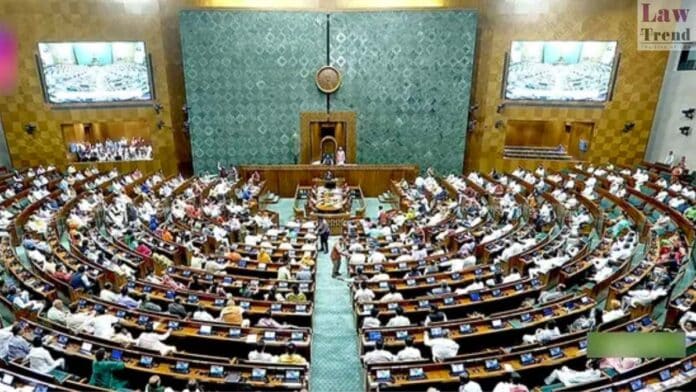In a significant overhaul of aviation legislation, the Indian Parliament has passed the Bharatiya Vayuyan Vidheyak, 2024, effectively replacing the 90-year-old Aircraft Act of 1934. The new bill, which was passed during the ongoing Winter Session, received approval from both the Lok Sabha and the Rajya Sabha in a move to modernize and adapt India’s aviation laws to contemporary standards.
Introduced in the Lok Sabha on July 31 and subsequently passed on August 9, the bill’s progression to the Rajya Sabha marked a pivotal step in updating the regulatory framework governing the country’s aviation sector. The legislation confers the Directorate General of Civil Aviation (DGCA), the Bureau of Civil Aviation Security (BCAS), and the Aircraft Accident Investigation Bureau (AAIB) with continued authority under the supervision of the Central government.
Significantly expanding the regulatory scope, the Bharatiya Vayuyan Vidheyak extends beyond the traditional realms of manufacturing, ownership, and trade to include the design of aircraft. This move is seen as an effort to bridge the gap between India and global aviation standards.
The legislation introduces stringent penalties for acts that compromise airport security, such as dangerous flying practices or environmentally hazardous activities near airport premises. Violations can attract hefty fines up to Rs. 1 crore or a maximum imprisonment of three years.
A noteworthy addition is the establishment of a second appeal mechanism, providing a higher level of scrutiny for penalties imposed under the new regulations. However, this provision has not been without criticism. PRS Legislative Research has pointed out several concerns, notably the continued oversight of civil aviation by the DGCA, which unlike other sectors such as telecommunications and insurance, does not have an independent regulatory body.
The Bill also grants the government the authority to appoint arbitrators in disputes over compensation, a provision that may conflict with the Supreme Court’s stance against unilateral arbitrator appointments under the constitution. Furthermore, the power to impose criminal penalties for violations has been criticized for potentially encroaching upon the separation of powers.
Since its inception in 1934, the Aircraft Act has been the cornerstone of aviation regulation in India, covering aspects from airworthiness to the certification of pilots and crew. Over the decades, amendments have been introduced to cater to the evolving needs of the aviation industry. With the passage of the Bharatiya Vayuyan Vidheyak, 2024, the government aims to fully modernize the legal framework to enhance safety, security, and operational standards in line with global practices.




